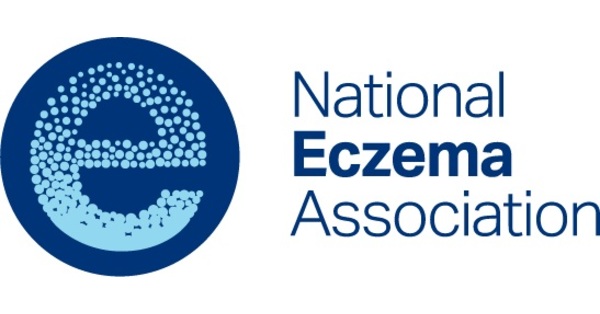The National Eczema Association has published a new paper on eczema and mental health in the journal Skin Health and Disease.
NOVATO, Calif. , June 27, 2024 /PRNewswire/ — The National Eczema Association (NEA) today announced the second publication from a real-world study on eczema and its impact on mental health. Results were published in Skin Health and Disease in June 2024. The first paper from the study, which explored eczema patients' perceptions of how their mental health relates to their eczema symptoms, was published in Dermatitis in March 2024.
More than 31 million Americans live with atopic dermatitis (eczema), a chronic skin condition with no known cause or cure and a significant, multifaceted burden. Research has already shown that eczema is strongly associated with symptoms of mental distress, including anxiety, depression, and social isolation. However, until now, it was unknown what kind of mental health support eczema patients are receiving, or are not receiving, from their physicians.
“This is the first study to explore this topic that is so important to the eczema patient community,” said Jessica Johnson, lead author of the study and director of community engagement and research at the NEA.
As part of the study, primary carers of adult eczema patients (over 18 years old) and young eczema patients (children and teens aged 8 to 17 years) completed questionnaires about their mental health and the relationship between eczema and mental health. The questionnaire included questions about eczema symptoms, mental health symptoms, perceptions of the relationship between eczema and mental health, and experiences of using mental health services.
Mental health services in the survey were defined as, but not limited to, counseling by a mental health provider, cognitive behavioral therapy, social support groups, alternative mental health therapies (e.g., music therapy or art therapy), and/or mental health medications.
Key findings from the study include:
42% of caregivers of AD patients and children/teenagers with eczema had never discussed mental health with their primary eczema care provider. 50% of patients had never been asked about mental health by their primary eczema care provider at any one visit. 64% of caregivers of adult patients and young patients with eczema had not been referred to mental health resources. Patients more likely to be referred to mental health services include children, men, those with limited education, and those seeing a non-specialist. When patients were referred to mental health resources, the most common referrals were for counseling services (23% of referrals), alternative mental health therapies (15%), cognitive behavioral therapy (13%), and peer/social support groups (12%). Of those who received a mental health care referral, 57% used the recommended service. Patients more likely to have never discussed mental health with their primary eczema care provider included women, those on a low income, and those seeing a specialist (e.g., dermatologist or allergist) for their primary eczema care. Young people aged 18-34 said they are not often asked about their mental health, but would like to be asked.
The survey found that a significant proportion of patients are not asked about or discussed with about their mental health by their eczema treatment provider. Furthermore, most people with eczema do not receive a referral for mental health support.
“The emotional and psychological burden that eczema places on patients of all ages is well understood,” added Wendy Smith Begorka, lead author and chief strategy officer at NEA. “Ideally, patients and healthcare professionals would feel comfortable discussing mental health during consultations, and our study highlights an opportunity to ensure this discussion happens more consistently.”
Further research is needed to identify the most effective mental health interventions for people with eczema, as well as current barriers to referring patients to mental health care. Future research may provide a greater understanding of the role of patient advocacy groups like NEA in reducing the overall mental health burden of eczema.
Additional findings and insights from this study will be published in the coming months.
For more information about this survey and other studies conducted by the NEA, visit NationalEczema.org/surveys .
About the National Eczema Association
Founded in 1988, the National Eczema Association (NEA) is a 501(c)(3) nonprofit organization and the largest patient advocacy organization serving the more than 31 million Americans affected by eczema and their caregivers. NEA provides programs and resources to elevate the diverse life experiences of eczema and empower patients and caregivers to understand the disease, actively engage in caregiving, and find strength in each other to improve their lives. Additionally, NEA advances critical eczema research and partners with key stakeholders to ensure that patient voices are heard and valued in education, caregiving, and treatment decision-making. The eczema community is at an exciting crossroads, with growing awareness of the severity and burden of eczema and a surge in scientific interest and the development of new treatments. Supported by NEA's strategic plan, Blueprint 2025, we are moving toward our ultimate vision: a world without eczema. For more information, visit NationalEczema.org.
Source: National Eczema Association




